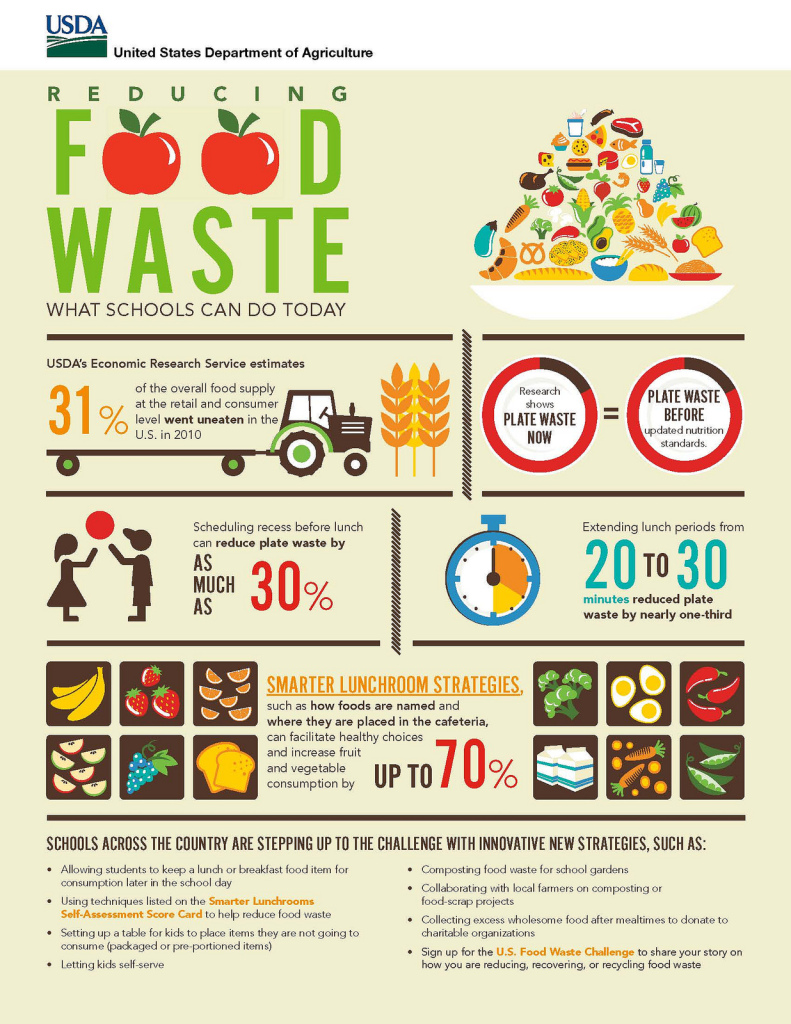How We Can Reduce Food Waste
 Worldwide food wastage has huge social, environmental and economic consequences. The UN Food and Agriculture Organisation estimates that one third of global food production is either wasted or lost. This is scary, considering that one in seven people worldwide go to bed hungry on any given night and 20,000 children die of starvation every single day.
Worldwide food wastage has huge social, environmental and economic consequences. The UN Food and Agriculture Organisation estimates that one third of global food production is either wasted or lost. This is scary, considering that one in seven people worldwide go to bed hungry on any given night and 20,000 children die of starvation every single day.
In Australia, 20% of food that is purchased is thrown away. This equates to £550 worth per year, which is enough to pay for six months or more of electricity.
Global food production uses 25% of all habitable land and is responsible for 70% of fresh water consumption, 80% of deforestation and 30% of greenhouse gas emissions. Many of us may be mistaken into thinking that food waste does not have an adverse impact on the environment as it is biodegradable, but the opposite is actually true. Most food waste ends up in landfill where it mixes with other waste and creates methane, a greenhouse gas with 25 times the warming potential of carbon dioxide. Not to mention, when food is wasted so are the vast amounts of resources used to produce, process, store, refrigerate, transport and cook it! Visit https://www.dumposaurus.com/popular-dumpster-rental-blog-articles/ to learn how to dispose of garbage in an environmentally friendly manner.
There is a lot that we can all do to prevent food wastage. Try using the following tips:
Write a shopping list
Food waste can come from poor meal planning, buying too much food or allowing food to go out of date. Before you head to the grocery shop look in the fridge and larder first and plan your meals around what you already have. Buy only what you really need when shopping and prepare meals in portions that your family is likely to eat in order to avoid waste.
Check the temperature in your fridge
Your refrigerator should be set below 5 degrees celsius to keep food fresh for longer. You may also consider keeping food in the freezer until it’s needed to keep it fresh and minimise food waste.
Use the FIFO (First In, First Out) kitchen rule
Use the oldest food in your fridge or pantry first to prevent food from going out of date.
Compost scraps
When composted, nutrients of organic waste help to improve your soil and fertilises your plants. It’s also a great way to reduce the amount of organic waste going to landfill.
Don’t buy take aways at the last minute
Rather than buying expensive take aways, cook the food you already have at home.

